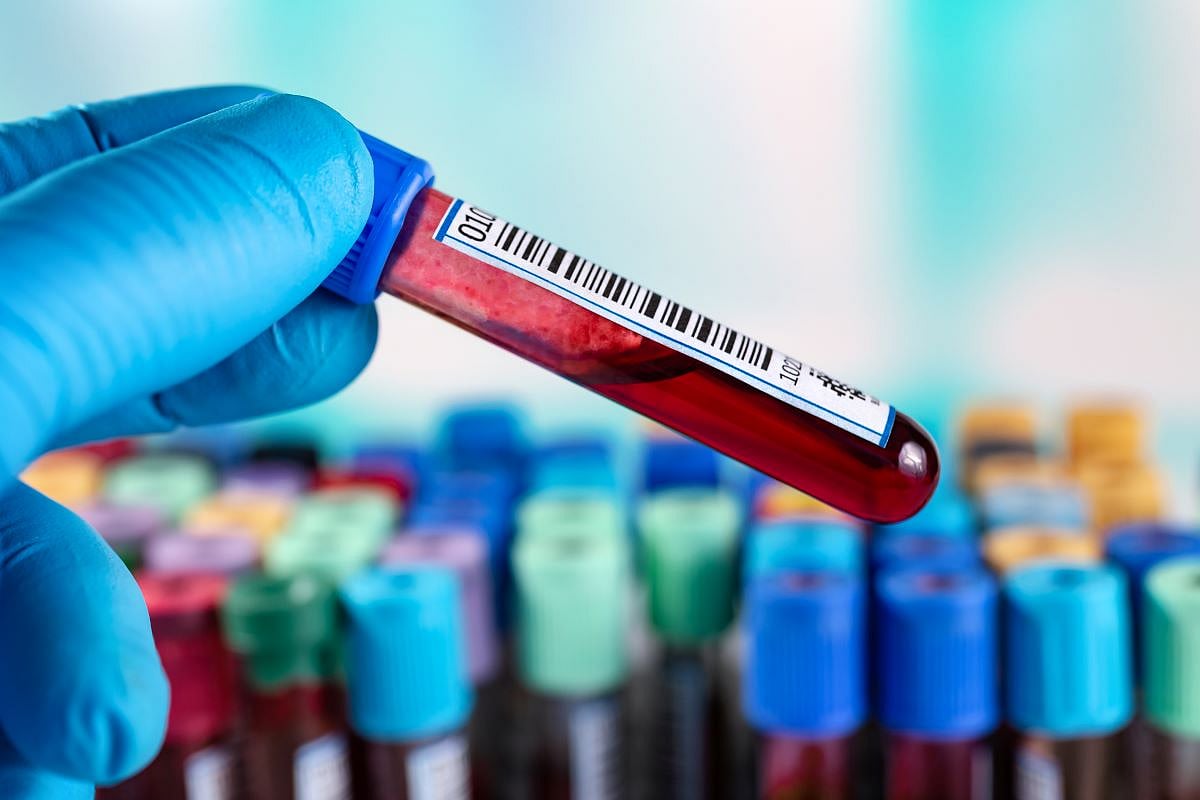Get Healthy!

- Dennis Thompson
- Posted April 28, 2025
Ready-Made Immune Therapy Effective Against Leukemia
A ready-made version of a cutting-edge cancer immunotherapy can effectively defeat blood cancers, a new study says.
Researchers have prepared an off-the-shelf version of CAR immune cell treatment that can be administered more easily to patients with blood cancers.
The new treatment, which uses a type of immune cell called natural killer cells, promoted complete remission in several patients with acute myeloid leukemia (AML), researchers said yesterday in a presentation at an American Association for Cancer Research’s (AACR) meeting in Chicago.
“The deep and durable responses observed in patients for whom we have follow-up data are impressive,” lead investigator Dr. Stephen Stricklan Jr., director of leukemia research at the Sarah Cannon Research Institute in Nashville, Tenn., said in a news release. “We are hopeful this can be a new type of treatment for AML patients where the unmet medical need is extremely high.”
CAR T-cell therapy has been making waves as a means of fighting blood cancers. Doctors take a person’s own immune T cells, use genetic engineering to teach the cells how to detect and kill that patient’s specific cancer, then infuse the cells back into the person.
However, the process takes laboratory time that patients with fast-progressing leukemia might not have, researchers said. In addition, patients with AML often have dysfunctional T-cells, which can make it tough to engineer them properly.
The new treatment is called CAR NK-cell therapy because it relies on natural killer cells, researchers said.
Like T cells, NK cells can be engineered to target cancer cells, but they can be crafted from the blood of healthy donors and stored for future use – essentially making them shelf-stored treatments that can be given to patients quickly, rather than personalized therapies that require genetic manipulation in a lab.
For the new study, researchers tested a CAR NK-cell therapy formulation called SENTI-202.
The NK cells in SENTI-202 have been built to identify two different target proteins found on leukemia cells, helping them to find and kill cancer cells that carry either of the two markers, researchers said.
The NK cells also carry an additional receptor meant to prevent them from killing healthy, non-cancerous cells that carry either of the target proteins, researchers said. This “logic-gating” behavior causes the immune cells to ignore any cells that express a protein found on healthy stem cells.
The AACR presentation focused on the first nine patients to receive SENTI-202 after their leukemia either failed to respond to other treatments or came back.
The patients received chemo to deplete their immune systems, and then were infused with SENTI-202.
Four of the patients experienced a complete remission, with no measurable evidence of any cancer cells left in their blood, researchers said. A fifth patient experienced a substantial response that equates a “leukemia-free state.”
While the results are preliminary, Strickland said they are encouraging for the development of generalized immune therapies that are easier to make and administer.
“There are very few ‘clean’ cancer targets that are only expressed on cancer cells but not on healthy cells,” Strickland said. “The logic-gating technology potentially solves this issue by recognizing one or more cancer targets to trigger deeper cancer killing while recognizing healthy cells to prevent them from being affected.”
These were very preliminary trial results, researchers said, and more patients continue to be enrolled in studies of the safety and effectiveness of SENTI-202.
Findings presented at medical meetings should be considered preliminary until published in a peer-reviewed journal.
More information
The American Cancer Society has more on CAR T-cell therapy.
SOURCE: American Association for Cancer Research, news release, April 26, 2025






